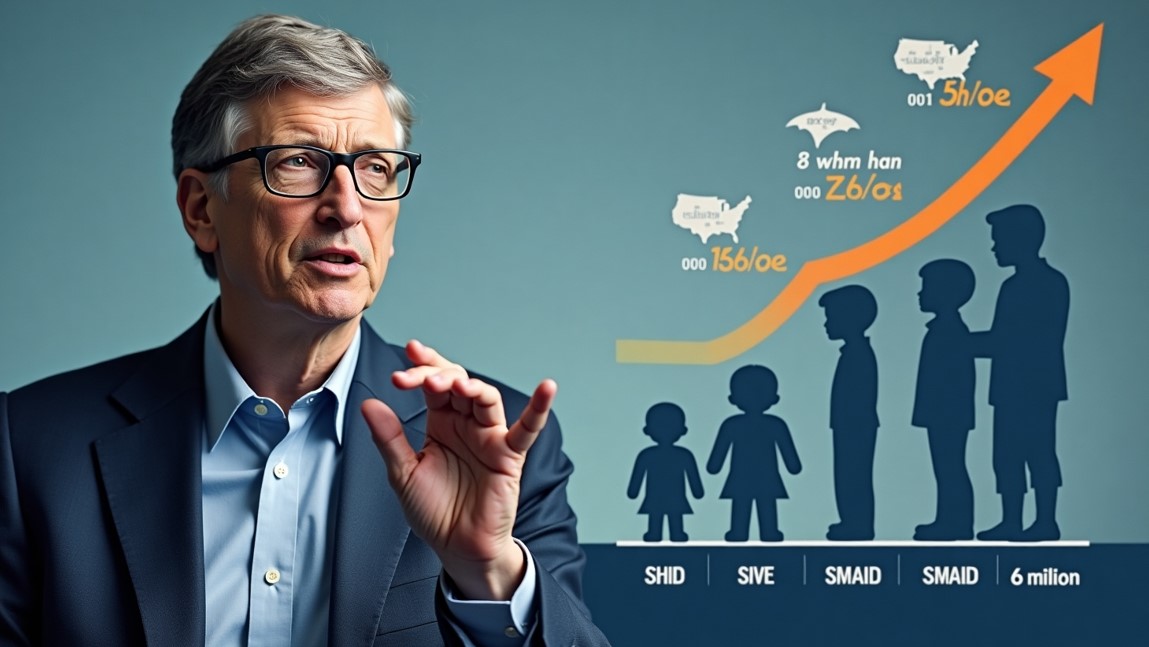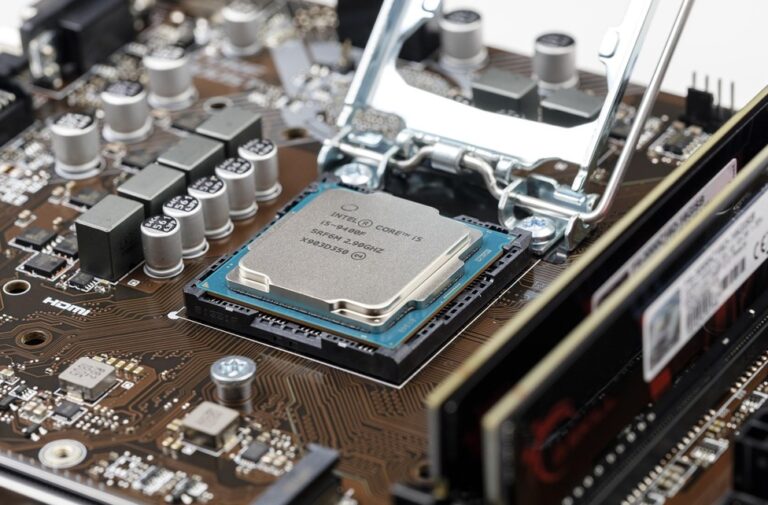The ongoing feud between two of the world’s most powerful tech figures, Bill Gates and Elon Musk, has taken a startling new turn. In a public address during a global health forum in Geneva, Gates directly accused Musk of contributing to the deaths of the world’s most vulnerable children, citing harmful cuts to U.S. foreign aid programs and a lack of support for critical health initiatives in low-income countries.
This high-profile clash exposes a growing divide between technology-driven futurism and humanitarian-based philanthropy, raising serious questions about how wealth and influence are shaping global development priorities.
Gates’ Accusation: Tech Influence Undermining Global Aid
In his speech, Gates condemned recent U.S. government budget cuts to global health programs, specifically those supporting HIV treatments, vaccine distribution, and maternal health services in Africa and Southeast Asia. These cuts, according to Gates, were influenced by a tech-aligned task force known as the Department of Government Efficiency (DOGE) an advisory body reportedly shaped by Musk’s vision for government reform.
“We are seeing children die not because we lack resources, but because priorities have shifted. When billionaires with no expertise in public health dictate how foreign aid is spent, the consequences are fatal,” Gates said.
He added that the lives of millions of children have been jeopardized due to what he described as “misguided, technocratic policy influenced by individuals with no understanding of global health.”
The DOGE Initiative and Global Health Setbacks
The DOGE initiative, pushed forward during a recent restructuring of U.S. government spending, recommended eliminating several long-standing aid programs administered by USAID. These included key funding channels for PEPFAR (President’s Emergency Plan for AIDS Relief), which has prevented millions of deaths through HIV and AIDS treatments across Africa.
According to The Guardian, the initiative led to the termination of multiple international contracts that delivered antiviral medications, childhood vaccines, and essential nutritional support to impoverished communities. Gates emphasized that these cuts, while labeled as efficiency reforms, were poorly informed and based on “a Silicon Valley obsession with optimization, not outcomes.”
“This is not just a debate about dollars. This is a matter of life and death,” Gates warned.
Read the full Guardian report here:
Bill Gates Foundation to Close by 2045 Amid Feud Over Foreign Aid Cuts
Elon Musk’s Reaction: Defending Long-Term Vision
In response to Gates’ comments, Musk defended his approach to global impact, stating that his efforts to develop space technology, AI systems, and sustainable energy are long-term investments in humanity’s future. He denied having any direct influence on foreign aid cuts and criticized Gates for “short-term thinking.”
“We should focus on scalable solutions that can elevate humanity globally—clean energy, AI, interplanetary colonization. That is where true progress lies,” Musk posted on X.
Musk also pointed to projects like Starlink, which has connected remote regions with internet access, and Tesla’s battery innovations, which are supporting off-grid renewable power in parts of sub-Saharan Africa.
Still, critics argue that these innovations, while impressive, do not replace life-saving health interventions. A child in Kenya suffering from preventable malaria, they argue, does not benefit from a Tesla battery or Martian colonization plans.
Present Needs vs. Future Innovation
The Gates vs. Musk feud encapsulates a broader philosophical divide within the tech and philanthropic sectors:
- Bill Gates represents a grounded, data-driven approach to solving existing human crises through vaccines, sanitation, maternal health, and agricultural reform. His foundation has committed over $70 billion to such efforts since its inception.
- Elon Musk, on the other hand, champions radical, long-term technological transformation—Artificial General Intelligence (AGI), space travel, and neural computing—arguing that these will create a better future for billions.
While both men claim to be working toward the betterment of humanity, their definitions of what constitutes “impact” are fundamentally different.
Expert Commentary: What the Data Shows
Global health experts have supported Gates’ concerns. According to the World Health Organization, disruptions in vaccination programs have already resulted in a resurgence of measles, tuberculosis, and child malnutrition in regions previously supported by U.S. aid.
“Removing funding from these programs is like removing oxygen from someone in critical condition,” said Dr. Ahmed Latif, a global health policy advisor at WHO.
In Mozambique alone, cuts to antiviral drug programs have left thousands of HIV-positive children without treatment, according to reports from Doctors Without Borders.
A new study from the University of Washington’s Institute for Health Metrics and Evaluation (IHME) projects a 12% increase in child mortality rates in aid-dependent regions if these budget cuts are not reversed within the next 18 months.
The Future of Billionaire-Led Global Strategy
Gates has announced a strategic pivot for the Bill & Melinda Gates Foundation, aiming to distribute nearly $200 billion by 2045 and wind down operations to avoid philanthropic stagnation. In contrast, Musk continues to pour resources into ventures like xAI, Neuralink, and SpaceX, with little indication of investing in traditional public health or development efforts.
This ideological standoff is not just about ego it reflects a deep global debate over what kind of future we should build, and how to address suffering in the present while preparing for the challenges of tomorrow.
Conclusion
The conflict between Bill Gates and Elon Musk isn’t just personal—it represents two competing visions of how to use immense wealth and power. Gates’ warning that “the world’s poorest children are paying the price” underscores a critical dilemma: In an age of unprecedented innovation, who is responsible for ensuring no one is left behind?
As the debate rages on, the world watches—and waits—to see if technology will serve as a tool of compassion, or distraction.












